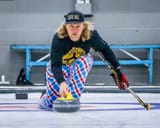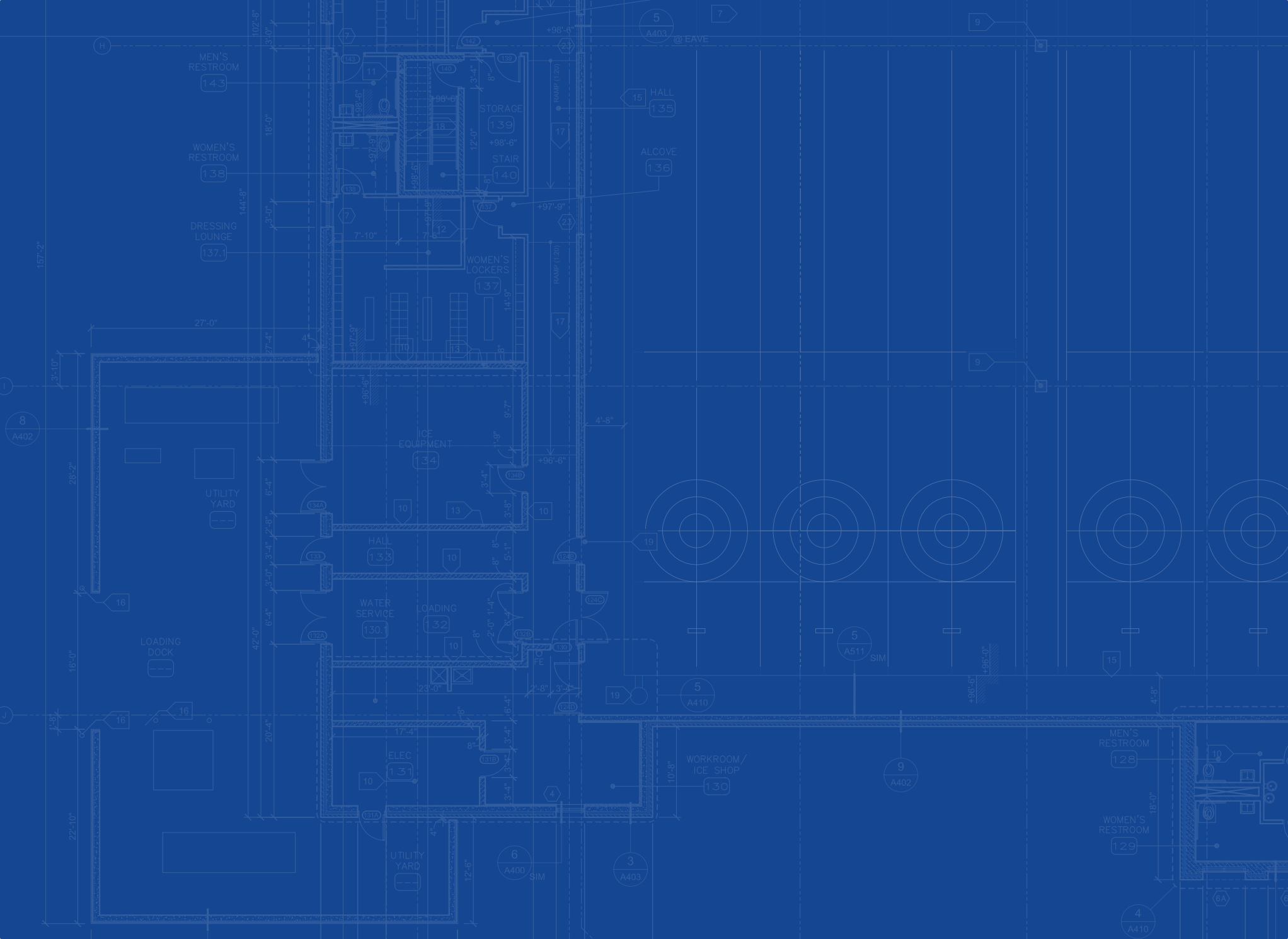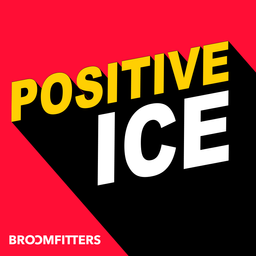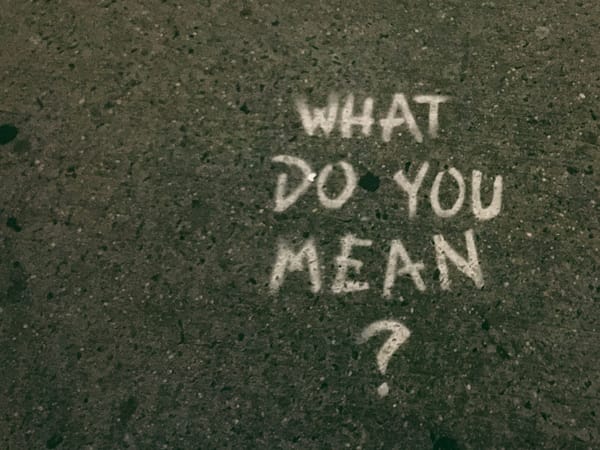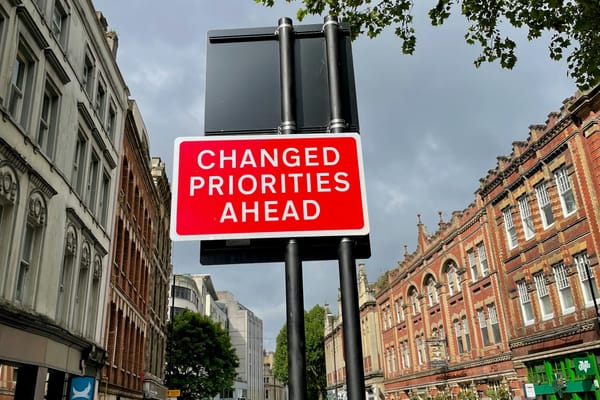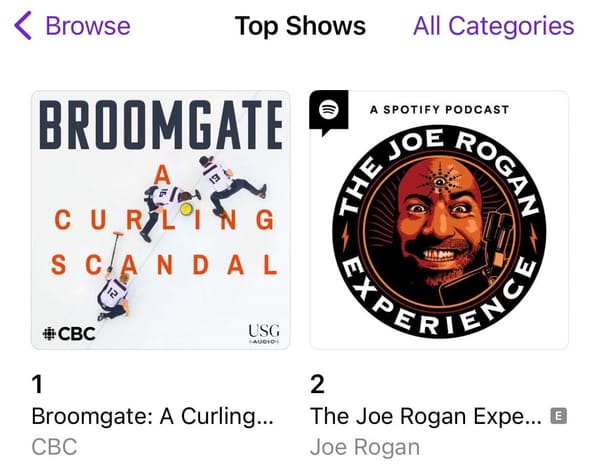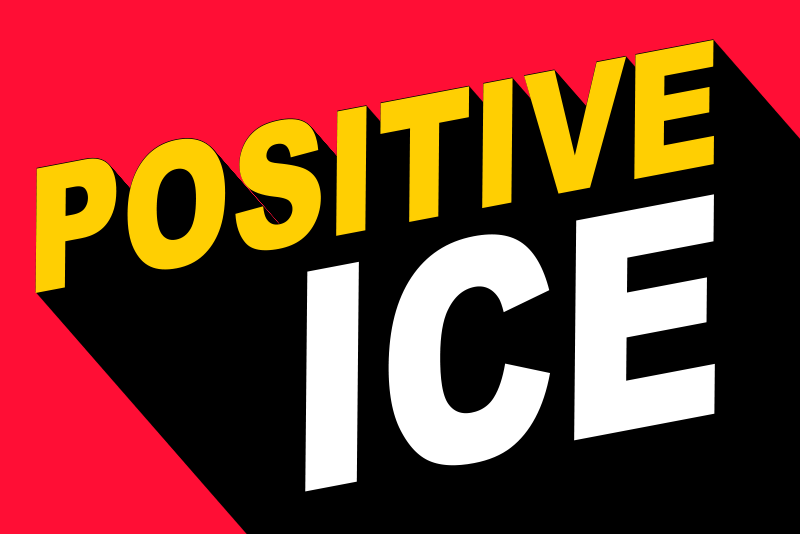Episode 1: This is Positive Ice
This intro episode gives a bit of the context behind the idea for the Positive Ice space.

Than Tibbetts: Welcome to Positive Ice. My name is Than Tibbetts. I'm out at Brooklyn Curling, and I'm joined by Don Piche over in Traverse City. And this is a show for builders, both aspiring and in flight. We're curlers and like anyone who spent time on ice in an arena club, the question inevitably comes around: how do I get on dedicated ice? Do I go over to the neighboring club?
I think for both Don and I, we've had that same question.
How do we build dedicated ice? How do we bring it to our club?
So that's what this show is about. We'll get into that a little later on. We have a pretty strong thesis, I think, about why we wanna make this show.
Uh, but just to kick it off, I'll tell you a little bit about myself. I'm a curler who started in St. Paul, Minnesota well over a decade ago and moved out to Brooklyn about five years ago and found that, you know, the easiest way to slide into a community is to join the curling club. And, I got out here and we play on outdoor arena ice.
Coming from St. Paul, it was quite the shock. Fast forward to a global pandemic and a lot of time on our hands. And we find ourselves with a structure looking to build dedicated ice.
We can get more into that down the road. Don, why don't you tell me a little bit about yourself and your curling background?
Don Piche: My curling background really starts in a hockey rink where I was a hockey coach and a hockey dad, and a hockey referee and a hockey board of directors guy. And I'm kinda watching my four boys go through this process, getting sort of near the end of it and seeing this game of curling showing up in the Olympics in 2002. And watching it again in the next Olympiad and the next one… And I'm kind of wondering, you know, maybe this would work in Traverse City, Michigan.
The Curling Community Shows Up
Nobody really knew anything about the game, including a good buddy of mine who was the executive director of that facility. So after 12 years or three Olympiads of watching this, and talking to him, one time I asked him, "You know what? We should try this curling." He says, "Well, what do you have in mind?" And that's the closest I ever got to any kind of a yes.
I called Kalamazoo Curling Club, Detroit Curling Club, Lewiston Curling Club, Midland Curling Club. And it was this simple. It was like, "Guys, we have an opportunity to bring curling to Traverse City and see if it's something the community would love to see. Can you help us?"
And the answer was: "Absolutely."
Don Piche: Sixty of those folks showed up in Traverse City, Michigan in April 2014 and our club was born. Five hundred people showed up that day. I found out what curling was really all about. At that point in time, I didn't even really know what dedicated ice was… I had no idea. I just knew there was community. It was rich, it was deep, it was authentic, and I wanted more of it. Here we are 10 years later and we have more of it, and we have it in dedicated ice.
Than Tibbetts: Yeah, Traverse City's been a real success story. In my end in Brooklyn, I'm with the second batch of a group of folks who've tried to build dedicated ice in New York City. The previous group was working on a project in the Bronx for 10 years. Folks listening to this, you know, [are going to be] at very different stages along that process.
Who You Gonna Call?
There was a common theme that I think that brought us together, Don, which was: we all just want more curling in the country. We want more places to go. We want to see more ice. And one of the thing that, speaking from my experience with our Brooklyn project, is that so much of the knowledge or the information about how to go about and do this, kind of passed down through this like oral tradition.
"Call Fort Wayne. Call Denver. Call Chaska. Talk to these people. You know. Call, call Gwen. Call Bob. Call, you know, Steve, Joe, Jim…" Anyone else that's on that list of people who are incredibly knowledgeable about the sport of curling or have built clubs.
But there's not really like a concrete place to sit down with your board or with your core corporate group that you're pulling together. Whoever's building this ice… there's not like a one-stop shop for how do I get started.
We'll talk a little bit more about the shape of what we hope this, this show and this idea becomes later. But I kind of wanted to frame a little more about that, that problem.
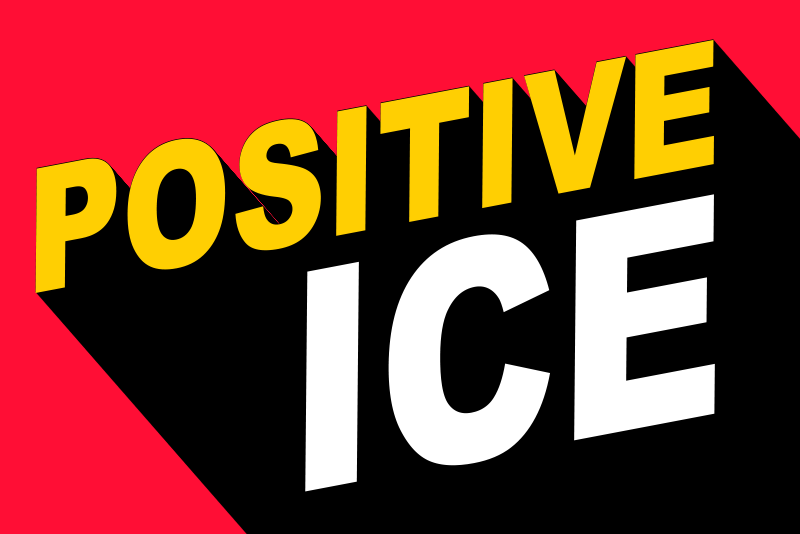
There's, there's 200 clubs in the United States. About half of those are on rented hockey arena, outdoor ice some flavor of a space that's not your own.
And most arena club curlers that I know are not satisfied with that. Right? The question always comes, "Hey, are you guys thinking about dedicated ice? Are you working on dedicated ice?" Maybe you've got a little dedicated fund set up.
You get that same roster of people go talk to so-and-so at such-and-such a club, and the main thing is like this: I found you on Facebook because you were doing the same thing I've been doing. It's just talking to people. You took that first step on Facebook going like, "Hey, we did it. I'm having these conversations. I want to invite you into another conversation."This is just the next level of that, right?
It's us inviting everyone else, to join in the conversation with us because instead of asking the same questions independently, I think we can all ask the same questions together.
Don Piche: Yeah.
Than Tibbetts: And. You know, short circuit, a lot of those conversations.
It's About Community
Don Piche: Yeah, and I think, I think that, you know, it, looking back in the 10 years that our club's been been in existence, it didn't take me very long. When we had that open house and I watched these 60 volunteers from around the state of Michigan, who drove four or five hours to get that far to get there for a day. They didn't know me from Adam.
They had no idea. We were complete strangers and yet they were passionate enough about this game. And, you know, the game I was familiar with was hockey. They're passionate in hockey, [those] hockey parents, but it's not about the people. It's not about, "I can't wait to go meet these people up in Traverse City and have a hockey game with them."
It's: "I want to go up there and beat their ass."
And that was completely different in the curling world. It was like they came up to with: "how can I help you?" When I look at what the world… I'm on the last more than half of my life. What if I could leave a mark in this place? Can we meet, can we have more humanity? Can we have more community? Can we have more connection? Can we have more coming together?
You know, the need for this, the urgency for this has accelerated with the shenanigans of the last four years. And, this is not a political conversation. It's the flat out reality. People are separated and we don't do well separated. And nothing, no game that I play — and I played golf — and that's the closest thing to bringing people together in a tight-knit community.
But it's an exclusive community. That's the separator in golf. Golf can be very exclusive. But curling can be very inclusive if it chooses to be, and it can be. There's no separation ages, all of that stuff goes away. It's just: we're gonna throw this stupid rock down there to the other end.
The more we make it that, in my opinion, the more we make it simple and easy, easily accessible the wider our community.
As much as we want perfect ice… we've had a couple of the gold medal Olympians, [John] Landsteiner and Brad Jacobs in our facility back in April, and they were like, "This ice is amazing, you know?" [Laughs.] Hell, we don't know what we're doing. But you know, like... Wow. That's kind of nice.
But I don't really care if it's good or not. You know what I mean? If people are smiling and hugging and have a good time, that's good enough for me. But it's also important that we have that for, for competitive guys like, uh, Landsteiner and Jacobs and U.S. Nationals.
You never see Tiger Woods coming to the Traverse City Golf and Country Club in Traverse City, Michigan. He's not showing up to play in 18 holes and find a few guys to play with, okay. [He's] not playing on that kind of conditions. You know, he's only gonna play on the conditions where he is gonna make himself look really good. And when we could do 'em both, man, that's excellent. You know, that's like, a "pinch me" moment. I didn't know anything about it 10 years ago, but I get it now.
From Negative to Positive
Than Tibbetts: Yeah. Let me tie that into the thesis and the brand, if you will, about this project. I think so often — on our outdoor hockey rink ice in Brooklyn — we're throwing the wrong handle, because the ice sheet is tilted. You have skips practically standing in the neighboring house to line up their shot.
In the biz, we call that negative ice, right? We're, we're curling against what the ice should be doing.
In fact, want is the opposite, and that's positive ice. So we, we thought of that name as both a nod to improving ice conditions and it's a positive community. It's a welcoming place to be. That's what this sport is all about. That's the spirit of curling.
So not only does that bring in that idea of perfect ice in a crisp facility with the 18 different craft brews on tap that you want from your local breweries... and fresh, sharp curling stones.
It's that spirit of curling. That's Positive Ice. That's what we wanna build with this little project.
Don Piche: I love that because you know, at the end of the day, and no matter where you are in this journey to that, you are gonna be, you're gonna be up against the wall.
I mean, you know, you shared a little with your story. We're gonna hear more about that and some detail down the line.
But there's some times where we're just gonna go, you know, is it worth it? I mean, is it really worth it? All this effort, all these headaches, all these nights, when I say, how are we ever gonna make this happen? Who do I need to get to know that can help me get to the next spot? I have no idea who I need to know to get us to the next spot. I mean we have the opportunity to, from the promised land, if you will, to be able to say it's worth every single sleepless night.
Than Tibbetts: I think on that note too, I think we both come to this, project, not from a position of expertise.
Don Piche: No.
Than Tibbetts: I don't purport to be an expert on nearly anything here. And, you know, my frustration in Brooklyn too is like, how do I get all the people in the room that I need to? You know, we're still a niche sport. And you're adding another layer of niche on top of that with: who are the people crazy enough to try and chase down a dream of building a permanent facility?
Don Piche: In our process, which took three or four years, with a little detour with the Covid and all that kind of jazz, we connected with a lot of people, too. And I'm gonna say, you know, no one's gonna do this on their own. You need help out there and we've connected with some amazing people.
We'll get a chance to meet some of those people over the next however long this thing goes. But they share the same passion. That was one of the thing, you know, one of the unique things that I can't wait to have some conversations with some of these people because it's a crazy damn thing.
They serve curling communities. And they love it.
Tell Us Your Story!
Than Tibbetts: Well, we've planted our flag into the ice here, so to speak.This will be a little teaser of what we hope to bring a lot of conversations in the future. Some community, some organization, conversations and... anything else? Don, do What, what do we need? What, what's our ask?
Don Piche: I think it'd be super helpful if you're one of those clubs that's either, 1) you had a couple cold beers and said, man, wouldn't it be cool if we had that dedicated ice? Or 2) you're down that trail a little bit, you know, maybe you put together a small group of interested people that wanna go down on that trail.
Maybe you're a couple years into this process. I think it'd be helpful if we could find out what your struggles and challenges, your opportunities, your concerns are.
I'm not suggesting that in our process that we experienced all of them. But there's gonna be some of these that everyone's gonna face, and they can be overcome. The more minds we put together on these little projects, collectively, what would it look like? We don't have to reinvent the wheel all the way. And so your opportunities, your questions, your concerns, you know, let hear 'em.
